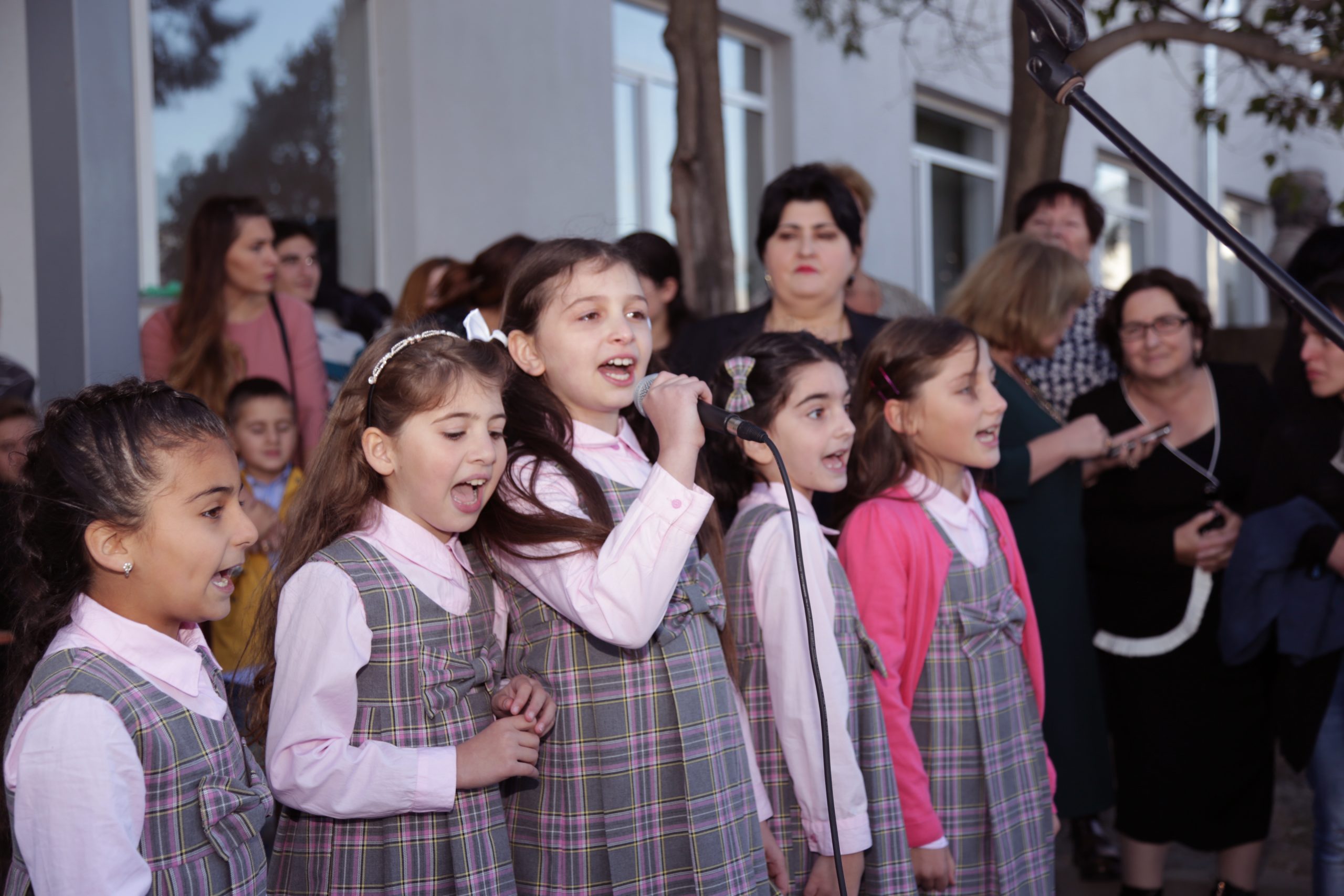
The Georgia II Compact led to many additional programs beyond the original scope of investments. Significantly, the compact raised the profile and importance of developing the workforce throughout the country. Like the compact itself, the GoG’s strategy aims to grow the economy by building up Georgia’s workforce, starting from the beginning of schooling to placement in the job market. During the final years of the compact term, the GoG announced plans to more than triple education spending as a percentage of GDP, though Georgia, like many countries, was forced to modify spending due to the impacts of the covid pandemic on economic growth.
The U.S. Embassy in Georgia has amplified the reach of the compact as well. The Embassy funded travel to the U.S. through the International Visitor Leadership Programs for Ministry of Education and Science representatives and TVET Center Directors to learn about TVET marketing, financing, and management. The Embassy also funded the travel of Competitive Program Improvement Grant Activity grantees to attend a study tour of community colleges that successfully recruit women to TVET programs in similar fields in the United States. In both 2016 and 2017, the Embassy funded study tours and professional exchanges in the United States through the State Department International Visitor Leadership Program for members of the MCA and implementing entities focused on school operations and maintenance. Finally, to increase compact sustainability, in April 2019, the U.S. Embassy organized a visit for SDSU Georgian partner university and Ministry representatives responsible for post-compact management of higher education program administration through the STEM Higher Education Project to learn about financing higher education.
In August 2018, MCC partnered with the United Nations Foundation’s Girl Up program, the State Department’s Office of Global Partnerships, Intel, Google, Microsoft, and the American Society for Microbiology to bring a Women in Science “WiSci” Girls’ Camp to Georgia. The camp is a public-private partnership that was designed to encourage adolescent girls to pursue further education and potential careers in STEM. WiSci Georgia expanded the reach of MCC in Georgia. Fifty-five Georgian girls, ages 15-18, and seven female SDSU Georgian students who served as camp counselors benefited from MCC’s participation in the camp.[[MCC’s participation in WiSci camps was not funded by the compact. MCC’s Office of Strategic Partnership provided a grant to partially fund WiSci Georgia.]] This highly successful partnership was institutionalized through a memorandum of understanding between MCC and the State Department to work together on future camps involving MCC partner countries. In 2019, MCC expanded this partnership, holding a WiSci camp in Kosovo, and is planning WiSci camp in Morocco in 2021. The United Nations Foundation’s Girl Up also held another WiSci camp in Estonia, which Georgian campers attended with support from the U.S. Embassy in Georgia, expanding the number of female students benefiting from this partnership in Georgia post-compact.
During the launch of the United States Women’s Global Development and Prosperity Initiative, Nino Zambakhidze, a beneficiary of MCC’s first Georgia compact and a partner of the second, shared her story of how MCC’s investments in Georgia transformed her life and opened doors for other Georgian women like her. Under the Industry-Led Skills and Workforce Development Project, Nino’s organization, the Georgian Farmers’ Association, partnered with the Agricultural University to pilot applied coursework in agribusiness, including how to deliver targeted support for women leaders in the field. Nino’s story was highlighted by the White House during the launch of the Women’s Global Development and Prosperity Initiative as a prime example of how U.S. Government investments in economically empowering women can transform lives and countries.

